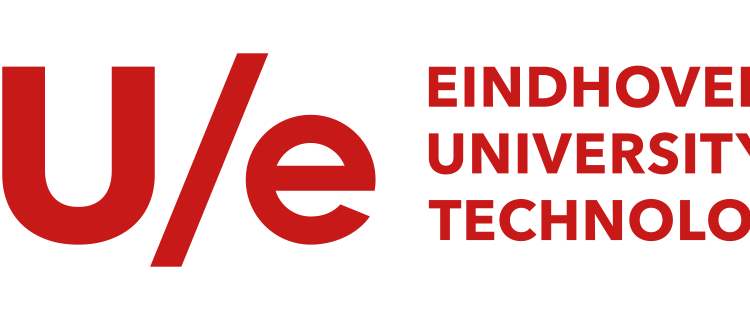Eindhoven University of Technology: Progress that makes the planet a better place
There is about forty years between them, yet they cannot stop talking to one another. Tessie Hartjes and Harry Otten are entrepreneurs in heart and soul: Hartjes is in sales and marketing at Lightyear, and Otten founded Meteo Consult and is co-owner of his new company Weather Solutions. Their shared ideal is a world in which growth and sustainability reinforce each other. Technology is the means to that end, and this is precisely why both alumni are still involved with the TU/e. Hartjes is a board member of the University Fund and Otten is currently engaged in talks with the university to start coaching enterprising alumni.
At the time of the interview, Tessie Hartjes (31) is 37 weeks pregnant (in the mean time, her son Phoas has been born, ed.): “I am actually not supposed to be working anymore.” She looks fit and relaxed. “I have been through so much with Lightyear that I am not really worried about the pregnancy.” Lightyear is that company with the solar powered electric cars. The company is a derivative of Solar Team Eindhoven and entered the market this year. Hartjes’s focus is on sales and marketing.
The tall Harry Otten (73), former RTL4 weatherman and founder of Meteo Consult, still knows his way around the campus. “Here in the Auditorium, I used to sit and do my calculations at the end of the week, waiting for the train to Breda.” He studied Applied Physics: “My parents really wanted me to study something difficult, preferably at that new Brabant institution, the TH in Eindhoven.”
By his own admission, Otten was not the best of students and a “true nerd”. Three days after graduating, he got married, as was customary at the time. “I have dedicated the rest of my life to my personal revenge of the nerds”, Otten says with twinkling eyes.
Hartjes, in contrast, was not a bookworm, but an active student who moved on from the anniversary committee into the student team Blue Jay, as a member of which she contributed to the development of a drone that can offer help in case of emergencies, such as fire or missing persons.
WOMEN
Within her bachelor’s degree in Sustainable Innovation, Hartjes chose to focus on energy. “Although I first wasted a year taking another direction. Whilst sustainable energy immediately had my interest, it was also known to be the most difficult choice. I felt insecure about whether I would be able to do it” – something that now seems odd as, from a young age, she had actually been taught to take on challenges.
“My parents instilled confidence in me: ‘Just try it and if it does not work out, we will be there for you.’ That has been the case ever since I chose the Natural Sciences and Health at high school. My mentor called my parents to ask whether they thought it was a smart decision, as I was better at languages. My mother responded: ‘If you can do something already, what would be the challenge?’.” The idea that women are less good at technology is deeply ingrained in Western European culture, Tessie observes whilst adding: “And that whilst there is absolutely no biological ground for this.”
Harry agrees: “The cultural attitude in the Netherlands is that women cannot do it. I do not believe that at all. I have seen so many capable female scientists at work during my visits to technological companies and organisations – such as CERN – all over the world.”
Hartjes continues: “Yet I did end up doing something for a year that did not sit well with me, simply because I was too insecure about my own abilities to pursue what I really wanted. Girls look for certainty and only start something when they are certain they can actually do it. Because of my own experiences, I find it important to talk about this, for example at information activities for VHTO (National Expert Organisation on Girls/Women and Science/Technology, ed.), or in discussions with young women who are choosing their studies – colleagues and contacts sometimes ask me to take their daughters for a coffee.”

